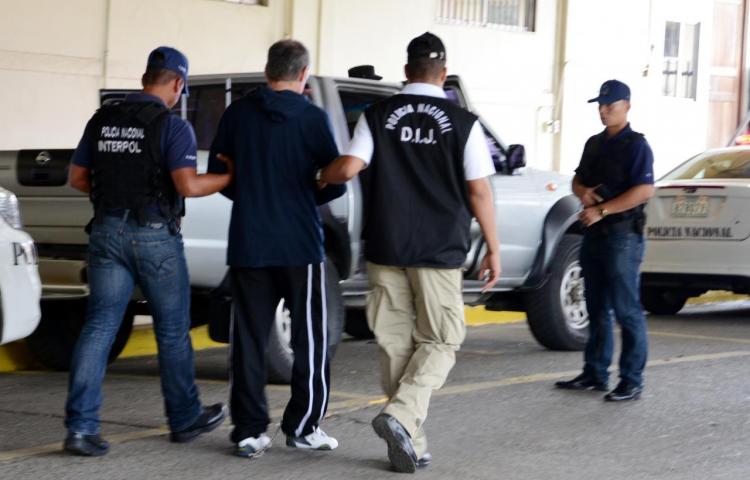Panama judicial investigators given failing grade
Panama’s Directorate of Judicial Investigation (DIJ) came bottom of the list in a study of the performance of justice entities and police authorities.
The investigation entitled CrimJust, a project developed by the United Nations Office on Drugs and Crime (Unodc), Transparency International (TI) analyzed factors such as performance, integrity, independence, and transparency of the DIJ, the Public Prosecutor's Office (MP) and the Judicial Branch (OJ).
The MP and the Judicial Branch (OJ) had a poor evaluation in terms of independence and integrity, interaction with society, transparency, and protection of victims and witnesses, among other indicators.
75 indicators were measured in 7 dimensions: internal oversight, protections, external oversight, transparency, civil society participation, independence and integrity, and capacity. The study was carried out between the last quarter of 2017 and the second quarter of 2018.
Ethics training
The investigation concluded that the DIJ concluded that this entity does not offer any training in matters of ethics and integrity to its personnel. Nor does it have a clear internal disciplinary process to prevent and punish improper conduct, nor mechanisms to protect whistleblowers, victims, witnesses, and officials, or their families.
In terms of transparency, the DIJ had a red evaluation on all measured indicators.
The study also concludes that the DIJ does not interact with civil society organizations or the general public.
The report highlights that in the DIJ "it is common for external actors to seriously interfere in the activities of the institution," and warns that it also lacks protocols to improve recruitment practices and the appointment of personnel to help complete independence.
The DIJ only met 23.5% of the indicators that were evaluated, according to the report The investigation recommended that a legislative initiative be taken to separate the DIJ from the National Police, in order to be independent.
During the administration of President Martin Torrijos (2004-2009), the entity - then the Judicial Technical Police (PTJ) - which was attached to the MP, passed to the National Police.
Unodc, Interpol, and TI also recommend the implementation of ethical norms for the officials of the DIJ and to review the disciplinary mechanism of the National Police, according to standards for the protection of human rights.
In addition, the investigation proposes a review of the disciplinary process in the DIJ to guarantee the anonymity to the complainant, particularly when dealing with an official of the entity, to avoid reprisals from their bosses.
